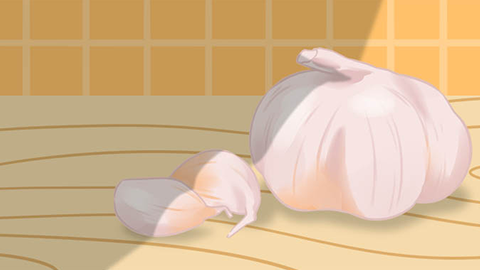Are patients with liver disease advised against eating garlic?
Generally speaking, liver disease is an umbrella term for all liver-related conditions, including viral hepatitis, liver fibrosis, and cirrhosis. Patients with liver disease indeed should avoid consuming garlic. Detailed explanation is as follows:

Although garlic is nutritious and rich in essential minerals such as calcium, phosphorus, and iron, moderate garlic consumption can help replenish energy, improve bodily metabolism, and promote gastrointestinal motility. However, garlic is also a spicy and irritating food. Liver disease patients may have conditions caused by hepatitis virus infection; repeated inflammatory stimulation in the body can lead to inflammatory responses. In such circumstances, garlic consumption might exacerbate discomfort and potentially increase internal heat, leading to constipation, bloating, and other symptoms that are detrimental to the control of liver disease. Therefore, patients with liver disease should try to avoid consuming garlic.
The diet of liver disease patients should primarily be light and nutritious. Patients can moderately consume vegetables, fruits, lean meat, and similar foods. At the same time, regular follow-ups are necessary to monitor the recovery status and adjust treatment plans accordingly.






